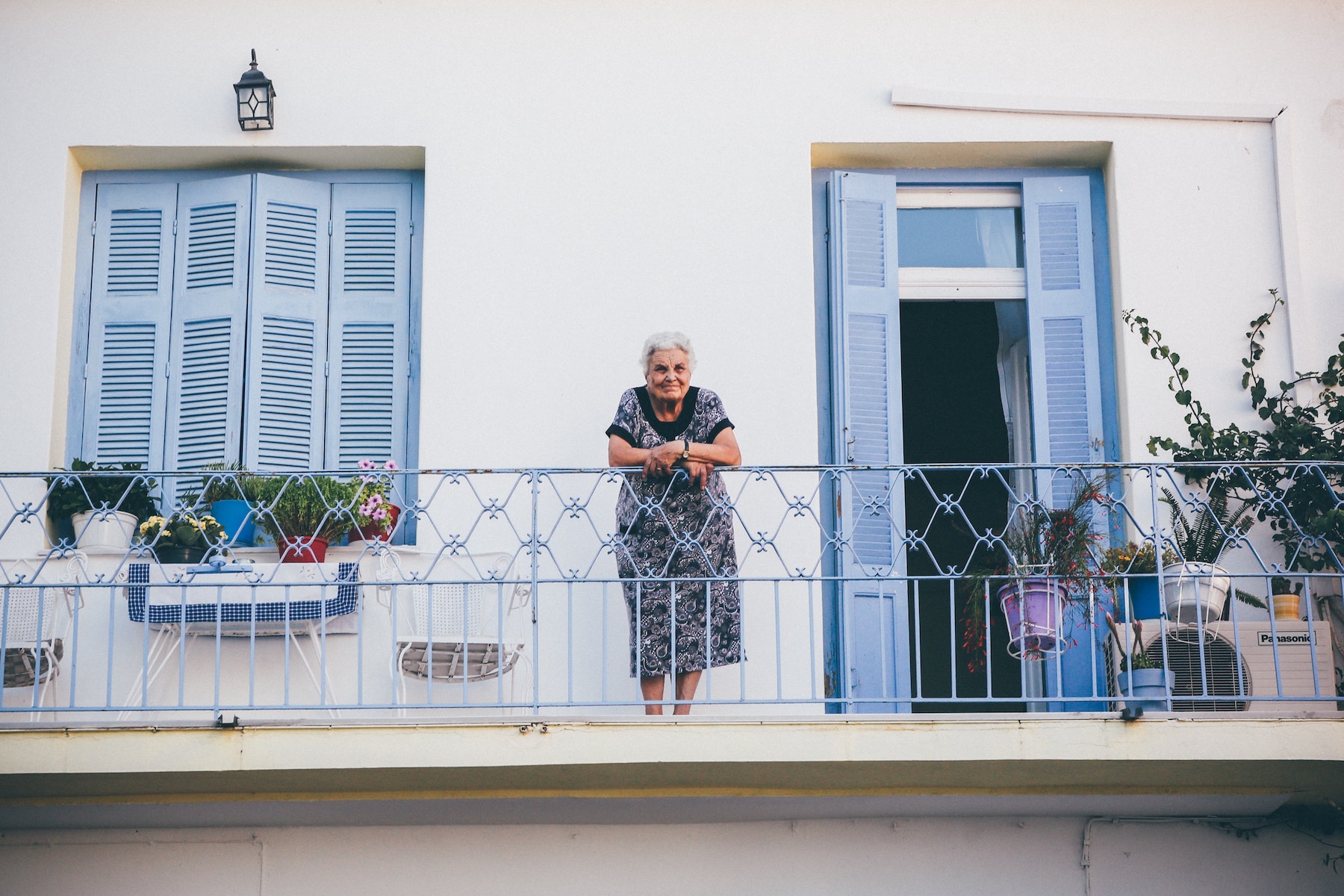According to the latest report by the World Health Organization, Brazil is now the second country in the world ranking with the highest number of new cases and deaths from COVID-19, behind only the United States. And of the more than sixty thousand deaths recorded to date, at least seventy percent of them, according to different research centers in the country, come from the population over sixty years of age. It is a very specific part of society, commonly placed on the fringes of it, long before the pandemic radically transformed everyone’s way of life.
Without the same right to voice and many other rights, the elderly, who have had their lives cut short in precious years due to the coronavirus pandemic, have not been invited to speak more expressively about such an amazing experience. This finding leads to questions about our real availability for listening and living with the ways of life and the temporality they embody, less accelerated and “productive”.
Sensitive to the silent pains that daily occupy the headlines of the newspapers, the project História Oral na Pandemia (Oral History in Pandemia), with local coordination by the professor of the Department of History Juniele Rabêlo de Almeida, has called on the elderly population with an active social life to produce autobiographical reports about that moment, actively writing the story we are living today. The initiative is part of the interinstitutional project A COVID-19 no Brasil, from the Ministry of Science, Technology, Innovations and Communications, with general coordination from the Universidade Federal do Rio Grande do Sul and Fiocruz Minas.
According to Juniele, this collection of public interviews that is being assembled and that has been hosted by the Laboratory of Oral History and Image of Universidade Federal Fluminense, “consists of recorded and transcribed narratives — which point to the need to enhance the trajectories and everyday experiences of the elderly. The material also lends itself to the observation of the narrative strategies of these subjects, who rethink their trajectories in these challenging times,” she explains.
Olympia Ávila Salsa, a retired art teacher and resident of São Gonçalo, was one of the project’s participants, contributing a beautiful story:
During these days of the pandemic I have been feeling very well but I am worried, watching myself, to make sure that I am really well! I often feel powerless and even revolt at news that I see on TV. Lack of honesty, inhumanity, irresponsibility… However, I do not let myself be shaken! I try to fill my time with physical activities, meditation, painting and taking care of the house.
I am also a student of biodance training and, with that, I understood life better and what has been happening to me and everyone. I seek to orient myself in the midst of the pandemic and have the best learning, when everything is over.
Sad in this period is not knowing what awaits us, what the next day will be like. What will happen? We have no security on the part of governments. It is very revolting to see the number of people who die due to the irresponsibility of managers. We are puppets in your hands.
When I think of the less fortunate, it hurts me so much not to be able to help them. I am a risk group and I could not act so closely. And financially I can’t afford it.
I know that the country is experiencing difficult times due to the corruption that has been installed here and is perpetuating itself. I had to contain my anxiety.
What’s the hurry for? Now, I have all the time in the world.
When observing and documenting these voices the idea is, as the researcher points out, “to surpass the statistical numbers of business and authoritarian logic,” so that they can be transformed again into names, into memories, into affections. According to the researcher, using oral history as a tool to produce knowledge and also catalyze the sensitive meanings of the narrated experiences, the project is interested in understanding the impacts of social isolation on the elderly population, as this situation interfered with their sociability and quality of life practices.
For Juniele, who has spent the quarantine period in the United States, where she is currently a visiting professor at the University of California, Berkeley, this moment was experienced as a crossing from fear to acceptance in oral history collectives. In these collectives, she explains, sensitive listening is promoted in mutual support networks.
“I am interested in movements, paths, and trajectories. I like the process, the ‘becoming’, the ‘almost’, the artwork under construction. In 20 years of teaching, I realized what really matters to me: the bond, the collective doing, the open, critical, dialogical, and participatory knowledge. For the first time, I am not in the classroom, and at the University of California, I experienced the impact of the pandemic. History, continuously rewritten, is made in the present time. It is in the here and now that we question the itineraries. Listening to the elderly has been an encouragement, a force to continue the postdoctoral studies in foreign lands,” she says.
Photo credits: Unsplash




